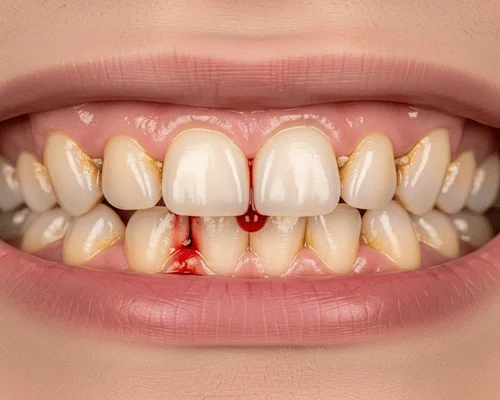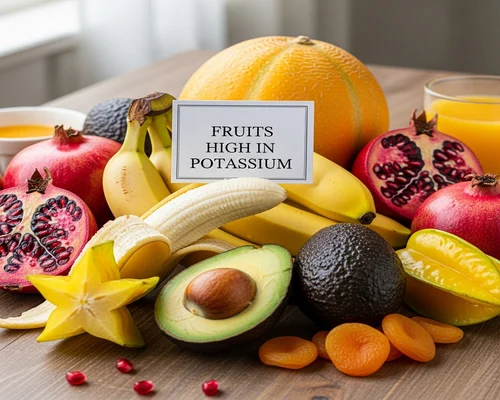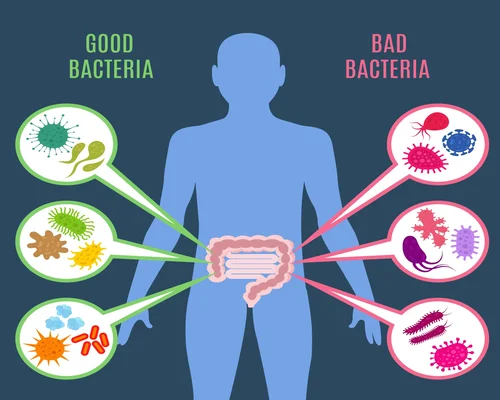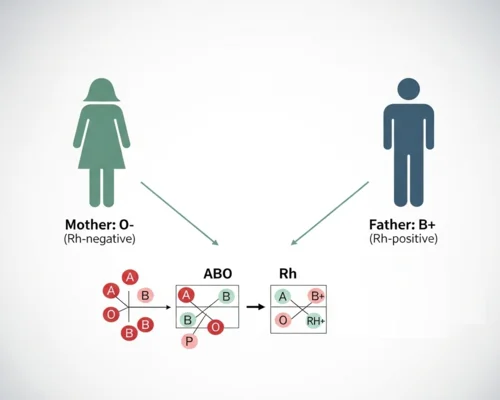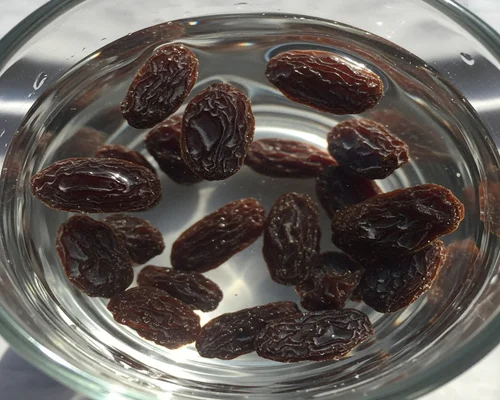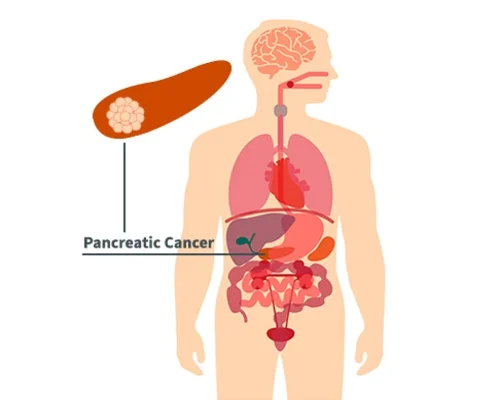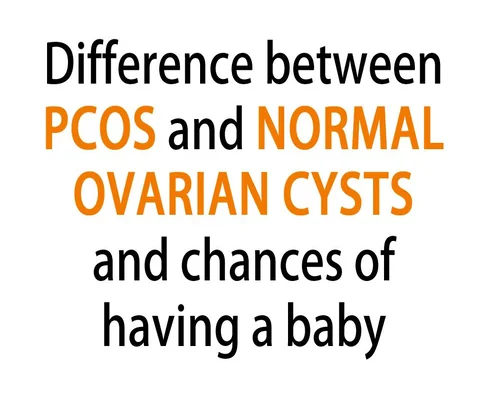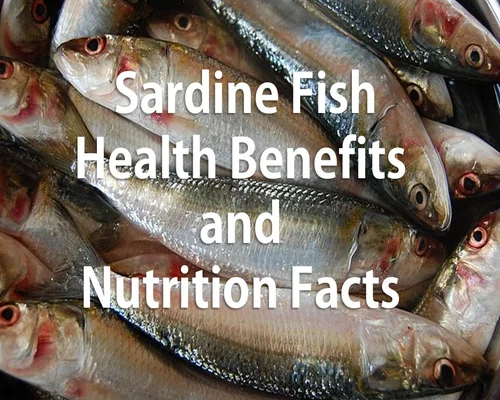
Sardine Fish Health Benefits and Nutrition Profile
Sardine Health Benefits and Nutrition Profile
Sardine fish are nutrient-rich fish belonging to the herring family. Like other members of the herring family, sardines are an oily fish that provide plenty of omega-3 fatty acids.
Sardine Fish In addition to high quality protein and healthy fats, sardines are an excellent source of iron and calcium. Because of their low mercury levels, sardines do not have the same toxicity that you might expect with other types of seafood.
Health benefits of sardines
If you enjoy eating sardines, you will get several health benefits. In addition to protein and "good" fats, sardines are rich in several vitamins and minerals linked to disease resistance.
Sardines are good for skin
When part of a balanced diet, sardines can help plump skin to reduce signs of aging and calm redness from inflammatory skin conditions such as acne. Secret skin nutrients include omega-3 fatty acids and anti-inflammatory vitamin D.
Helps in hair growth
Oily fish such as sardines, salmon and herring are known to be high in omega-3 fatty acids to help prevent hair loss. Omega-3 is a powerful antioxidant that has many health benefits, one of which can prevent hair loss. Several studies have shown that omega-3 fatty acids are associated with hair growth.
Sardines burn fat
Sardines are good for weight loss. When it comes to sardines and weight loss, all the omega-3s in sardines are important because they help stimulate ketone production. And that means being able to burn more fat.
Strengthens muscles
Sardines provide complete protein and essential fatty acids for muscle building and fuel Sardine fish provides all the amino acids your body needs to build energy without unnecessary additives
Promotes heart health
The omega-3 fatty acids in sardines protect the heart in several ways. Omega-3 lowers LDL ("bad") cholesterol and raises HDL ("good") cholesterol. They lower blood pressure, prevent abnormal heart rhythms, and reduce hardening of arteries and blockages. Increased sardine intake has been shown to reduce inflammation and cardiovascular risk in people with diabetes.
Supports healthy pregnancy
Omega-3 is essential for a healthy pregnancy, especially when it comes to baby brain and vision development. For this reason, women of childbearing age are advised to eat fish two or three times per week.
Builds strong bones
Sardines are a good source of calcium and vitamin D (which increases calcium absorption). Most adults should aim for 1000mg of calcium per day, the Recommended Dietary Allowance (RDA), enough to maintain strong bones.
Allergy
Fish allergies are common and may not appear until adulthood. Allergies to fish like sardines are usually different from shellfish allergies to shrimp and crab. Symptoms may include asthma, hives, headache, or nasal congestion. If you suspect an allergy to sardines, see an allergist for a professional diagnosis.
Nutritional profile
Sardines are one of the most nutritious fish.
The tables below show the nutritional value of sardines per 100 grams, including macronutrient and micronutrient profiles.
Macronutrients and vitamins
Nutrient Content (grams / % RDA)
Calories 208 kcal
0 grams of carbohydrates
11.5 grams of fat
24.6 grams of protein
Vitamin B12 149%
Vitamin D 68%
Vitamin B3 26%
Vitamin B2 13%
Vitamin E 10%
Vitamin B6 8%
Vitamin B5 6%
Vitamin B1 5%
Folate 3%
Vitamin K 3%
Vitamin A 2%
Vitamin C 0%
Minerals
Nutrient Content (grams / % RDA)
Selenium 75%
Phosphorus 49%
Calcium 38%
Sodium 21%
Iron 16%
Potassium 11%
Magnesium 10%
copper 9%
Zinc 9%
Manganese 5%
As these nutrition facts show, sardines are rich in protein, healthy fats, and virtually every essential vitamin and mineral.
They are particularly high in vitamins B12, B3, D, selenium, phosphorus and iron.
Eating fish like sardines is an important part of a healthy diet, but as with any food, moderation is key. The FDA recommends eating two to three servings of sardines per week.
Sardines are small, oily fish that contain important nutrients including omega-3 fatty acids, calcium and protein.
Both fresh and canned sardines have health benefits and can help support the health of your heart, bones, and immune system.
Sardine Nutrition Facts 100g
A 100 gram serving of fresh, cooked sardines:
172 calories.
25.4 grams of protein.
7.8 grams of fat.
496 mg of potassium.
63 mg of calcium.
5ug vitamin D.
12 mg niacin.
10.6ug Vitamin B12.
Sardines provide more nutrients than larger protein sources. An average can of sardines contains up to 23 grams of protein, an essential component of muscles, bones, skin and cartilage.
Sardines slightly outperform salmon in terms of omega-3 fatty acids, calcium and environmental sustainability.




-vegetable.webp)
